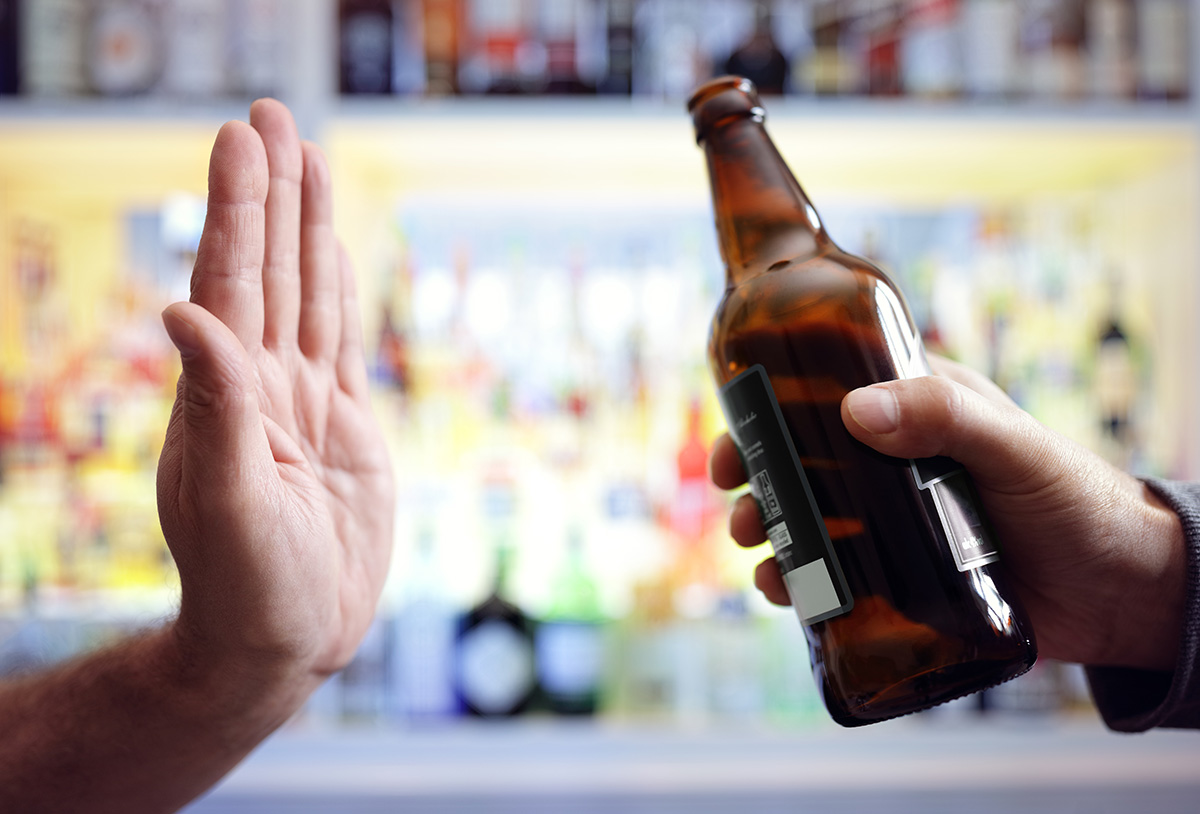
By: Lakeview Health
Alcohol is extremely toxic for your health. In 1980, there was a study done in Canada that linked heavy alcohol consumption to an increase of incident rates of six types of cancer: esophagus, liver, stomach, colon, prostate, and lung cancer. The subjects studied were all male. More recently in 2009, studies have been done linking alcohol and cancer in women. Again, six cancers were found to be influenced by alcohol consumption: esophagus, liver, breast, rectum, mouth and throat. Alcohol is an irritant to body tissue, damaging cells in the mouth and throat. The cells need to repair themselves changing DNA slightly. This can be a contributing factor towards the development of cancer. Alcohol is also a solvent slowing down the body’s ability to get rid of other harmful chemicals, such as nicotine. Alcohol lowers the body’s ability to absorb vitamin B from foods. Lastly, alcohol raises levels of estrogen increasing a woman’s chance of developing breast cancer. In addiction we choose to believe that none of these types of heath issues will happen to us. The disease of alcoholism tells you that the most important thing is to obtain and consume alcohol, leaving out the possible consequences of consumption, cancer and alcohol addiction. In sobriety we are more apt to pay attention to our health and avoid additives which may contribute to the development of health issues.





